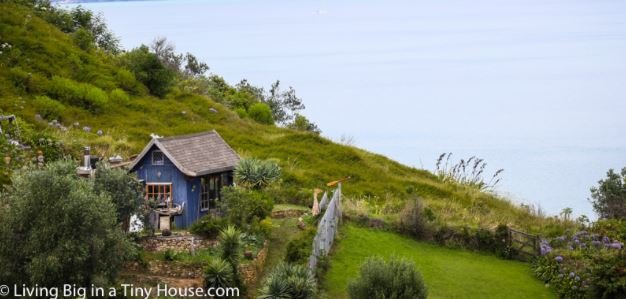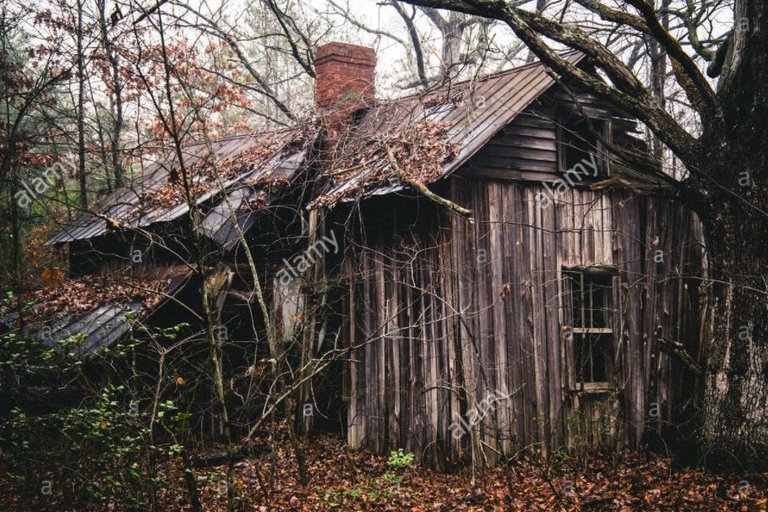From the ground we rose and to the ground , we will return.
Soils are a huge part of our life, there is no doubt that agriculture allowed humanity to leave the nomadic lifestyle to settle down and ultimately establish complex civilizations. But how are soils formed from rocks? We'll let's go through a simplified crash course.
The process of soil formation is called: Pedogenesis , this roughly translates from greek to english as ( soil origins). This process is highly dependant on the type of material and amount of energy which is applied to the system and the type of rock formation present. The time in which rock forms soil can vary between decade (s) to tens of thousands of years.
I will use a house as an example. Think of a house on top of a cliff by the ocean, I am sure we all understand that if the house is not maintained it will crumble and become a dilapidated wreck within a few decades. Imagine what will happen to the house within a few hundred years, perhaps it would no longer resemble a house but rather be a mound on the hill with grass growing on top of this mound.
What happened to the house? Simply put, it was weathered. This is the same mechanism that takes place on rock formations in order to form soils.
There are 3 main types of weathering which lead to soil formation:
Physical weathering: Wind, rain, heating expansions and freezing contraction cycles apply external physical forces which will apply physical stress to the rock formation. Over time these processes will continue and work to break apart rock formations into smaller and smaller particles.
Chemical weathering: Salts, acidfication, oxidation, and the dissolving process will change the very molecular composition of the rock. These new chemical compounds may not be as stable as the rock form which preceded it and will crumble into smaller particulates.
Biological weathering: This is the effect of living organisms on the rock formation which causes further break down. Roots of plants that penetrate the rock and can further separate the rock into smaller and smaller debris. Even the presence of carbon dioxide from the respiration of living organisms causes a chemical reaction and further breaks it down. Think of the house example: leaves on the roof, the presence of organisms all around will not tend to strengthen the house but act as mechanisms to break it apart into debris.


Very nice article you have there! But do not forget to cite your sources and credit your images when necessary